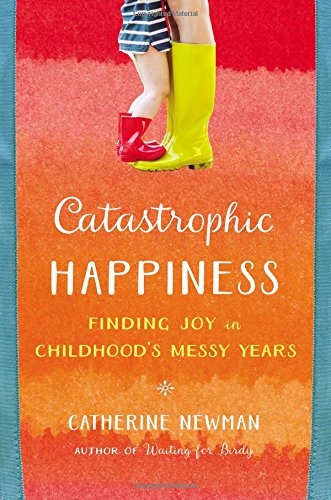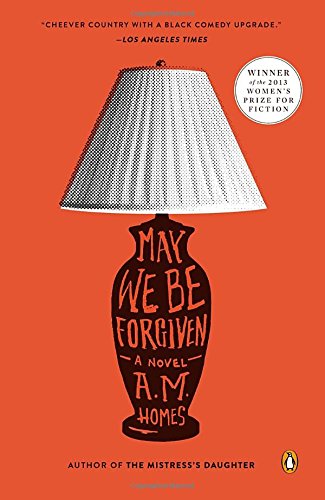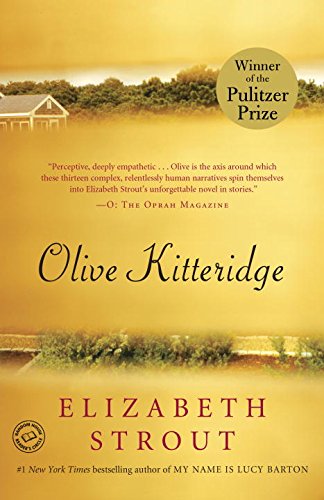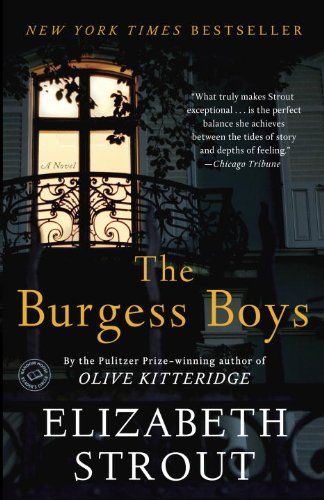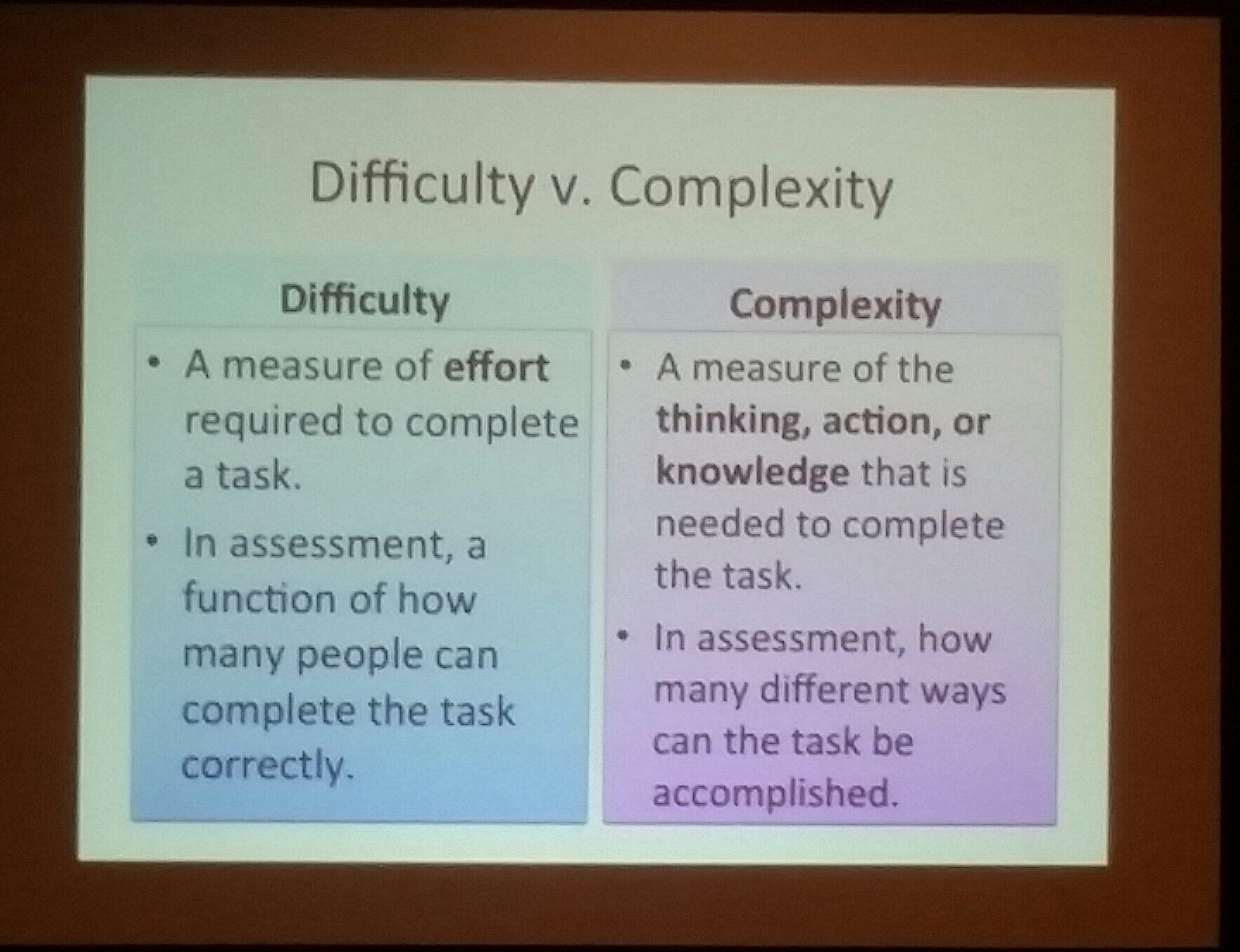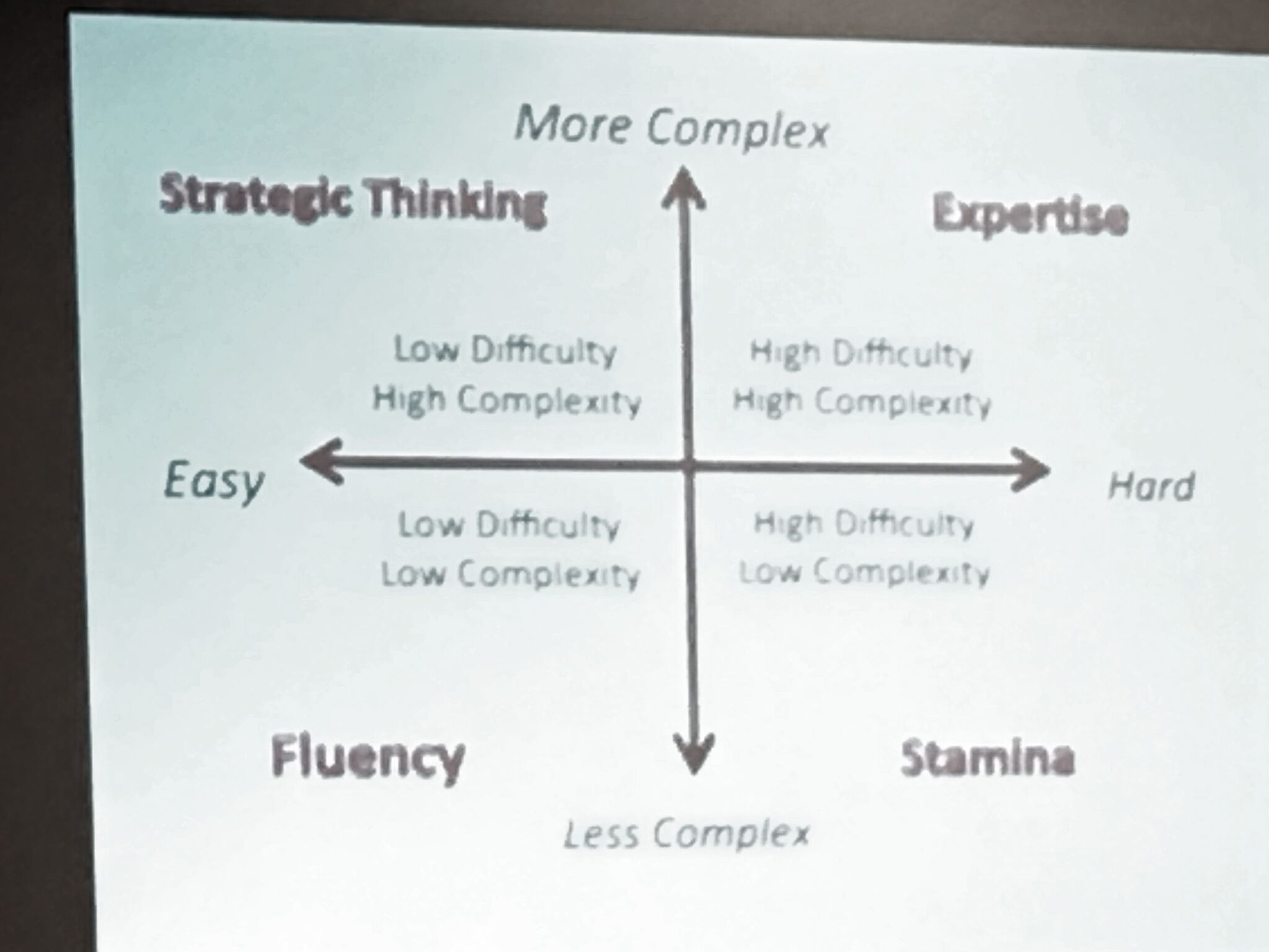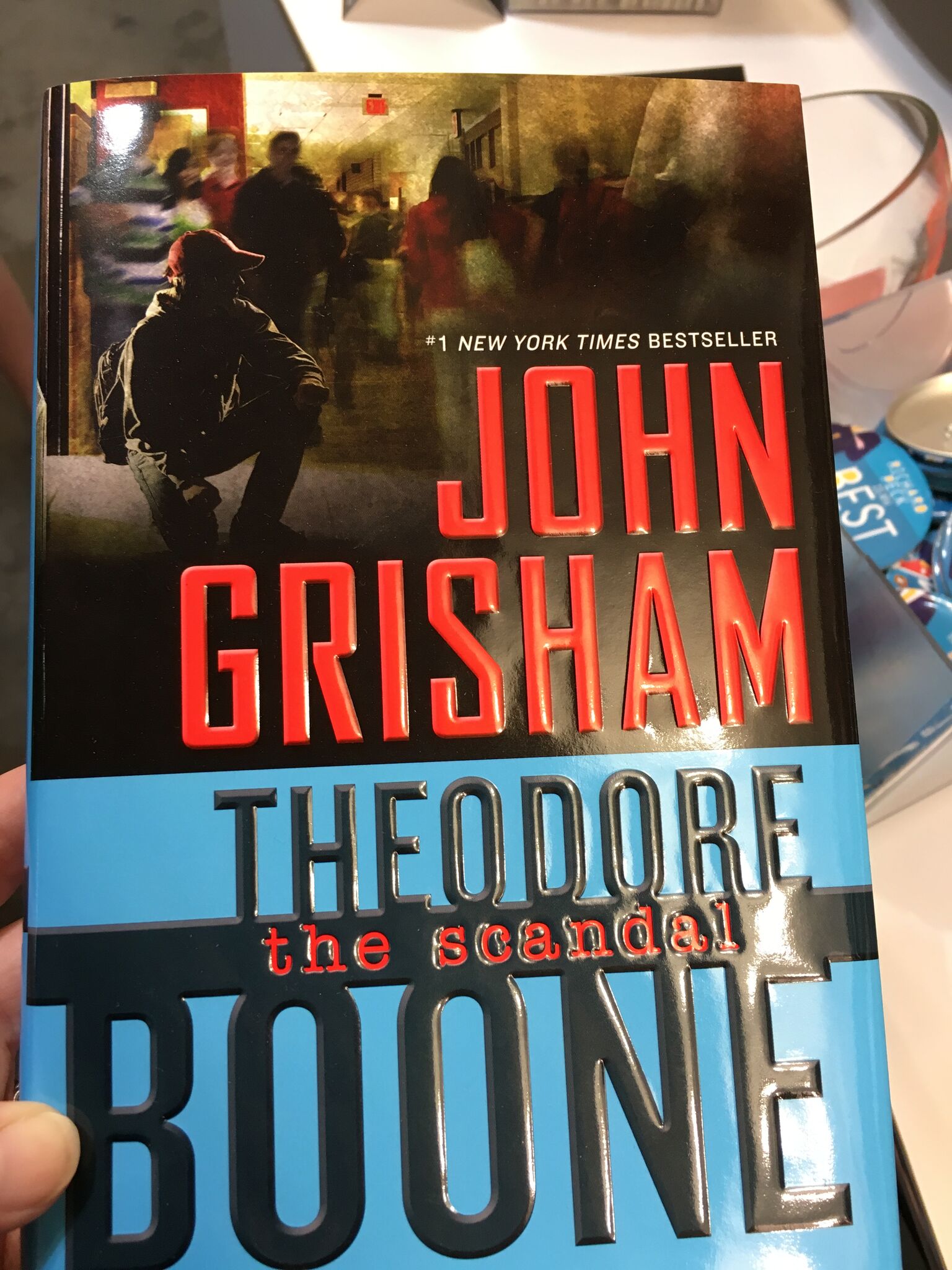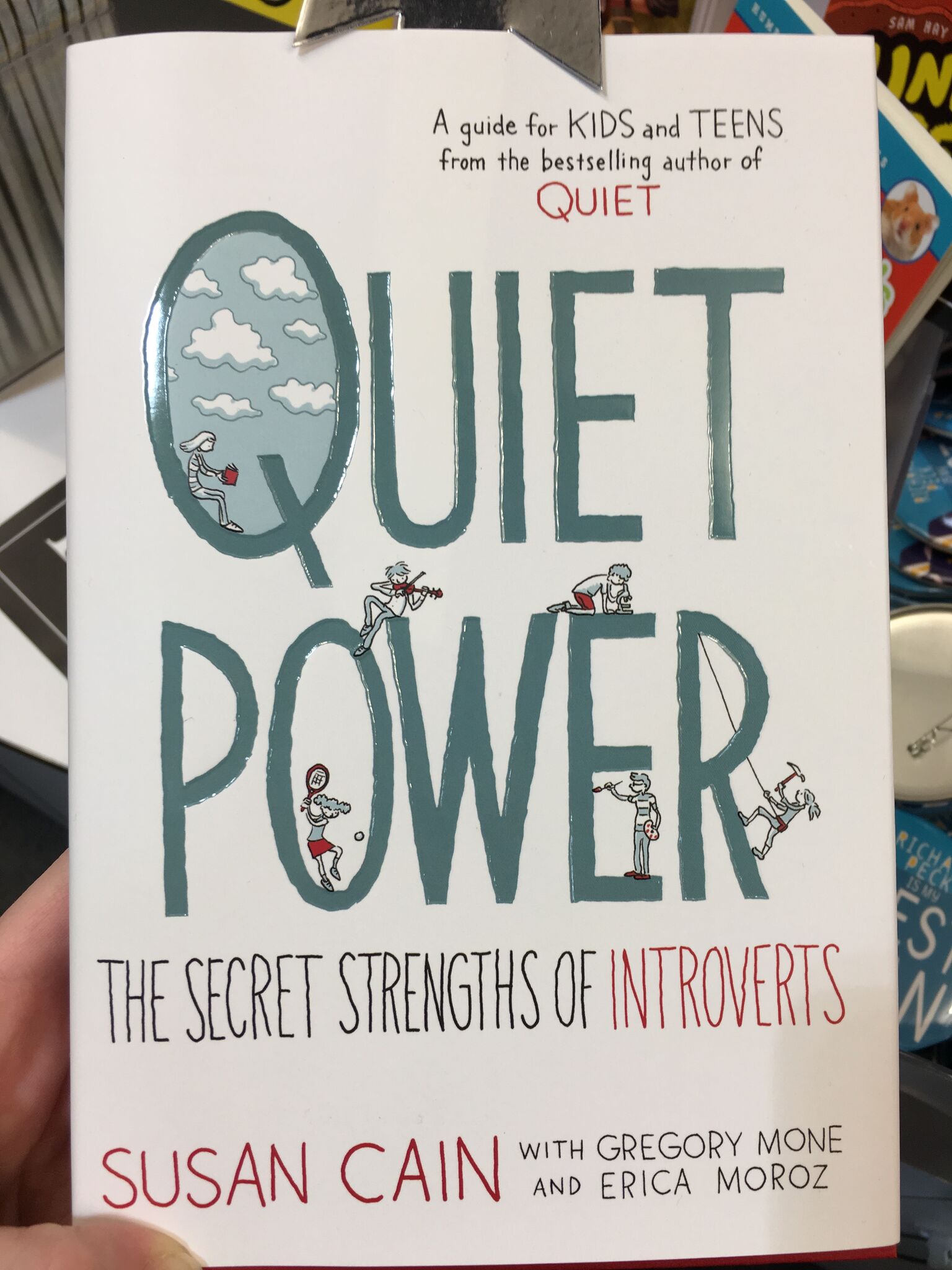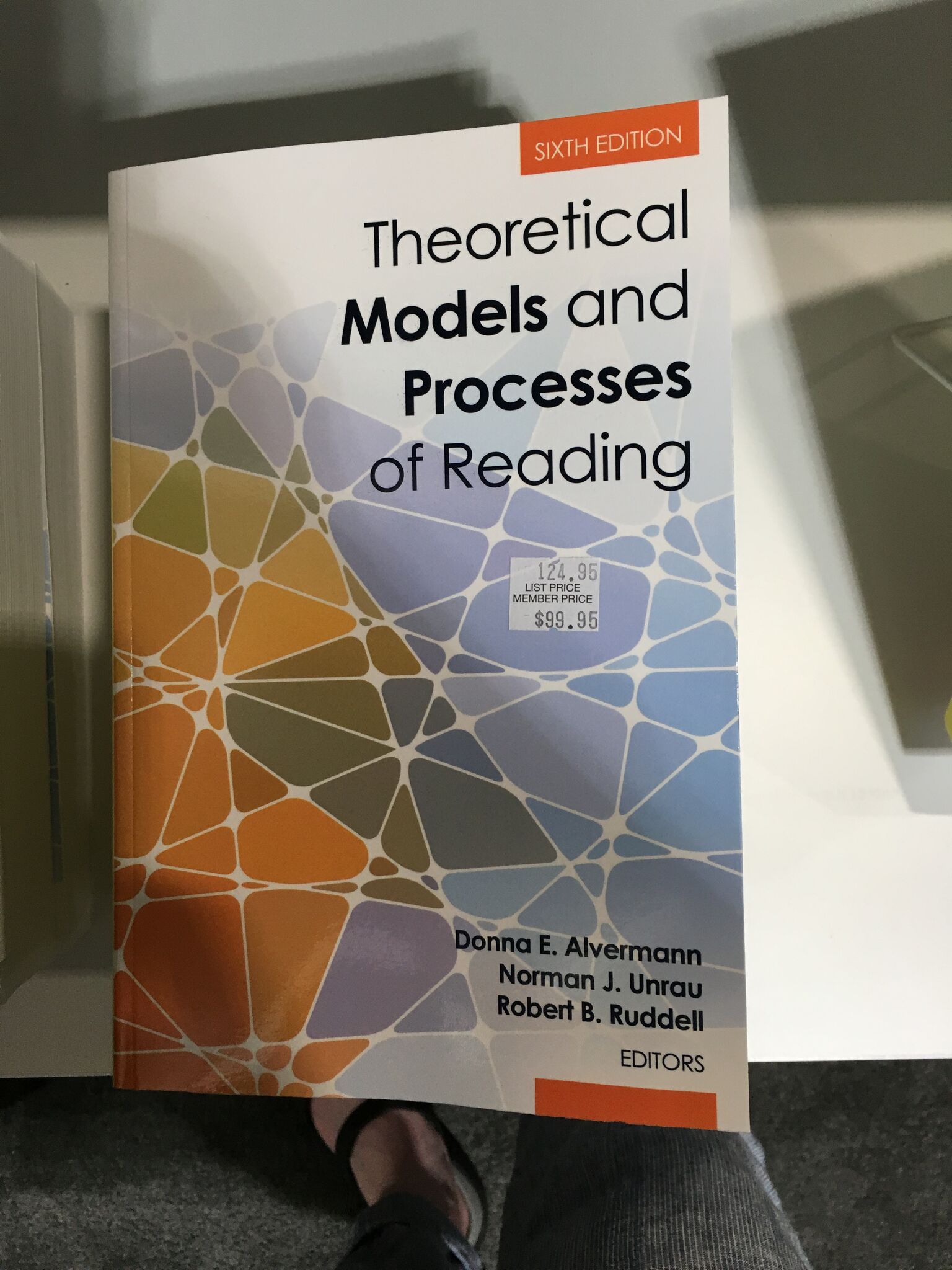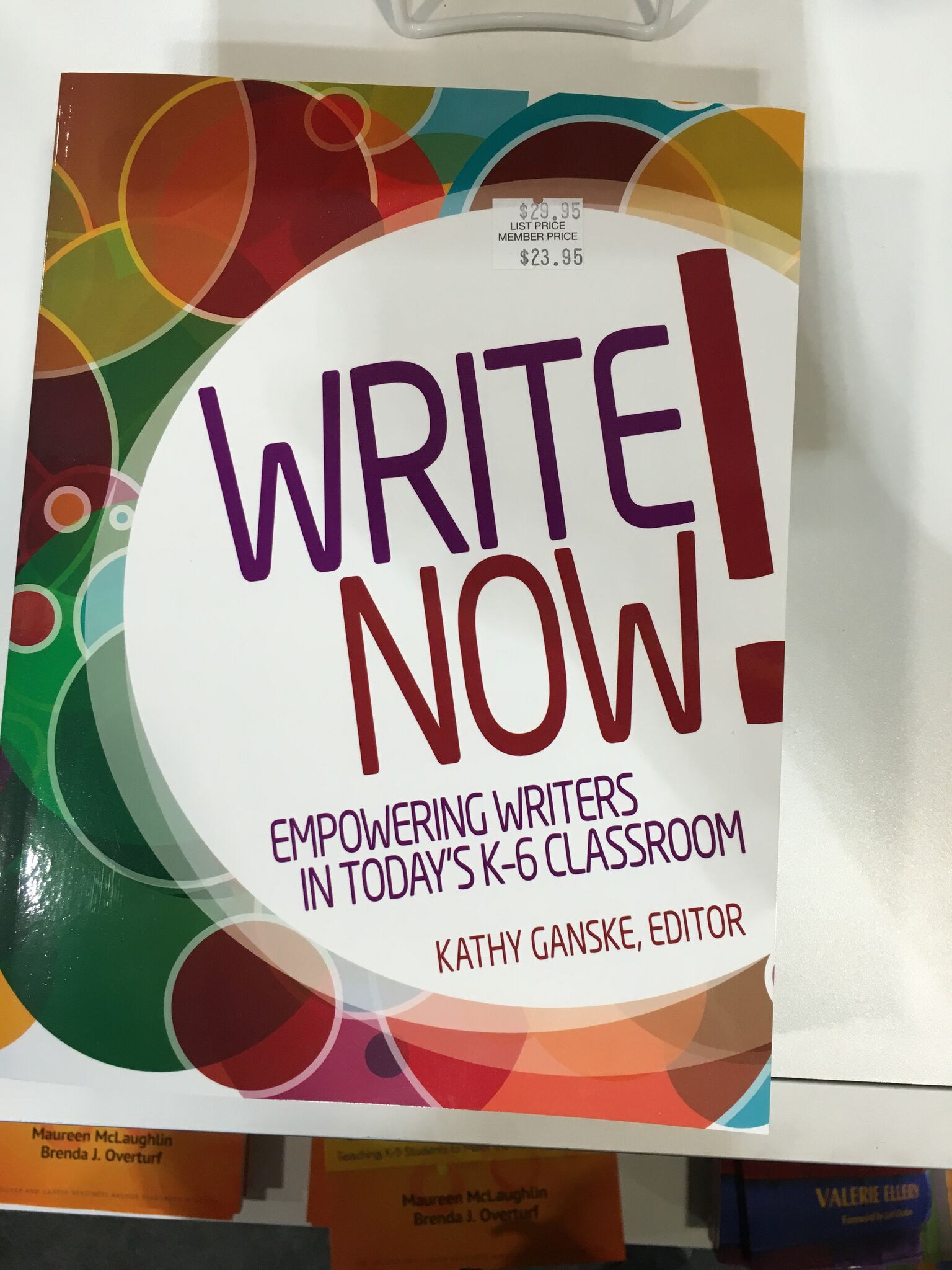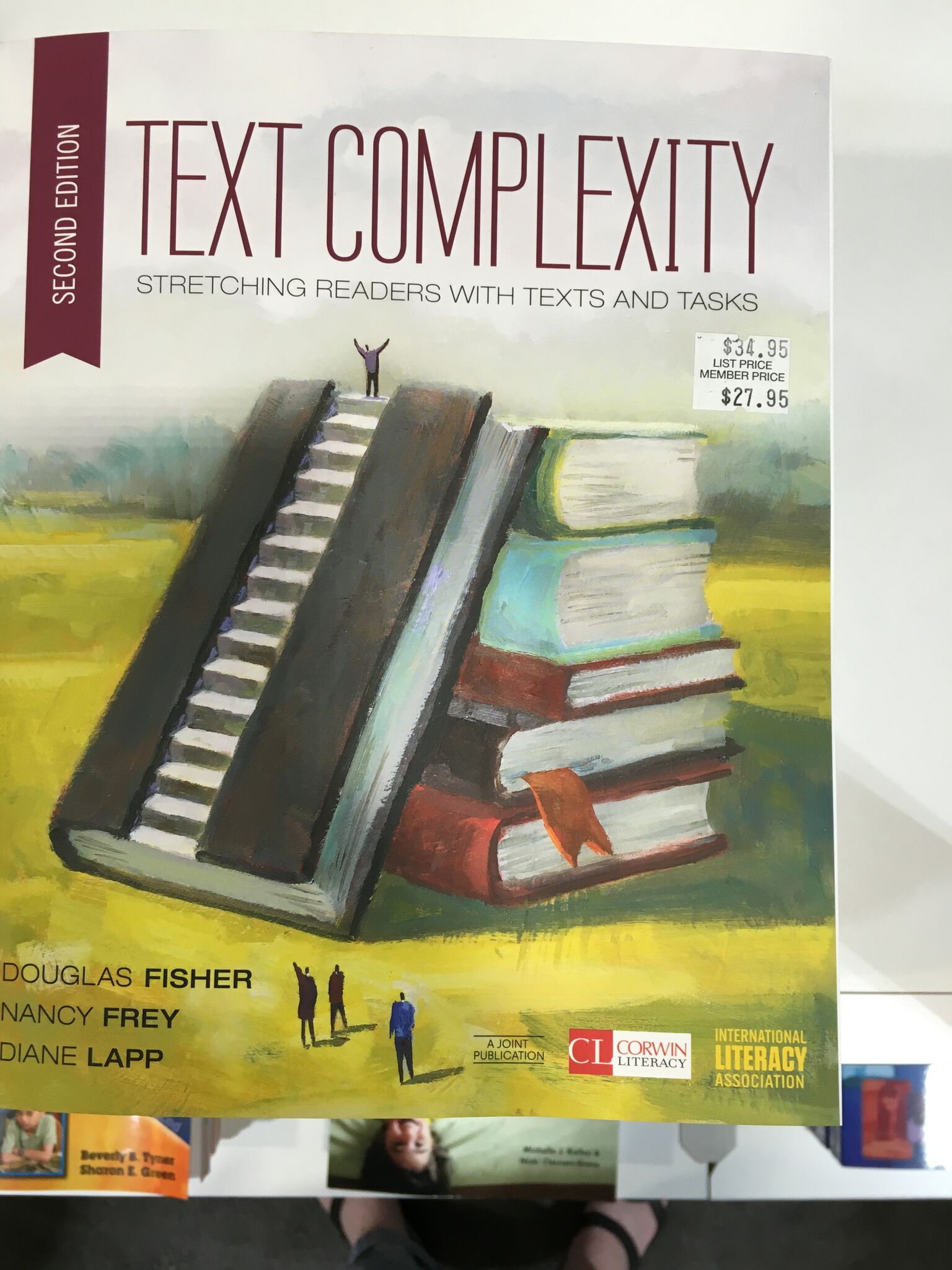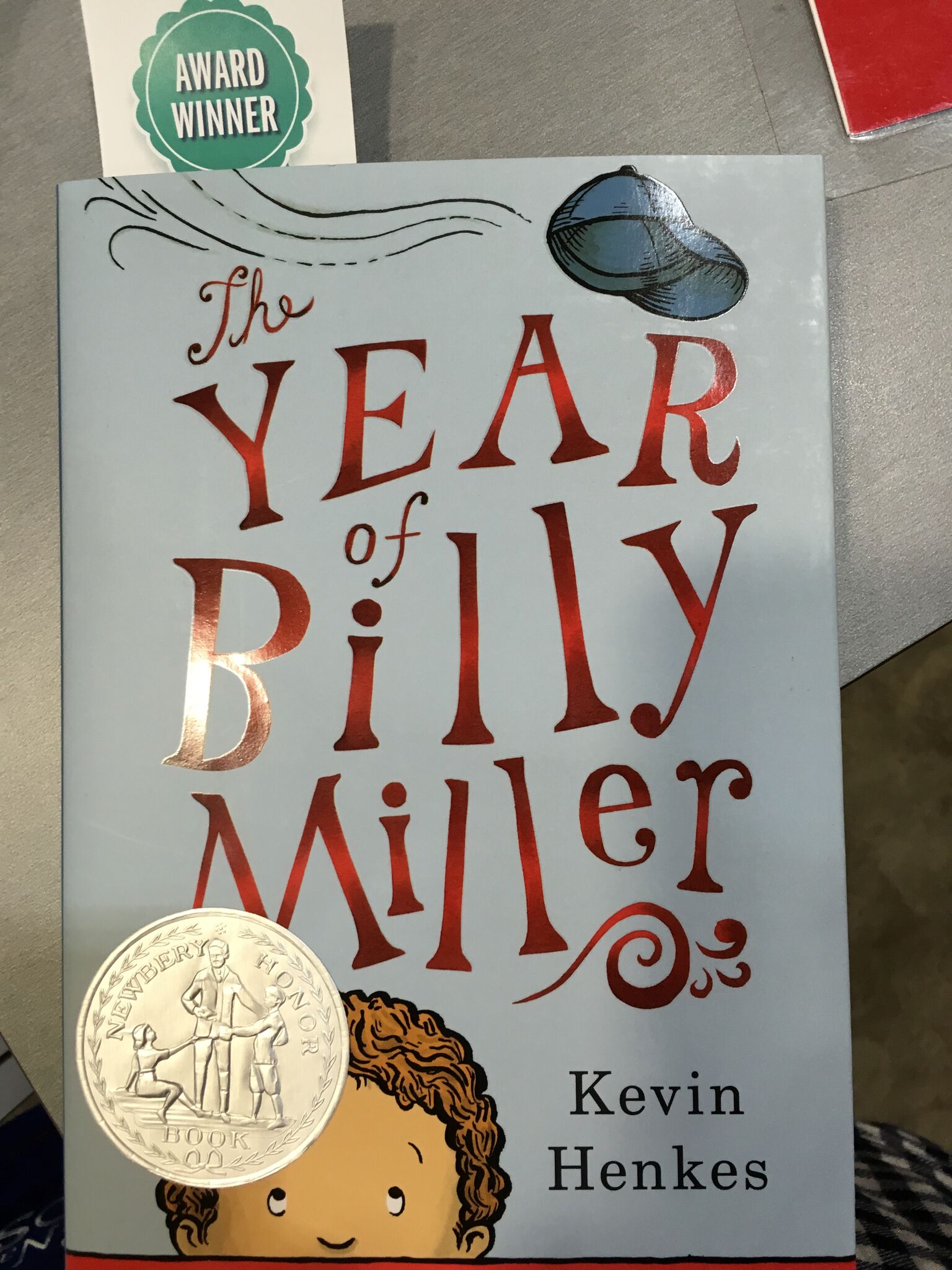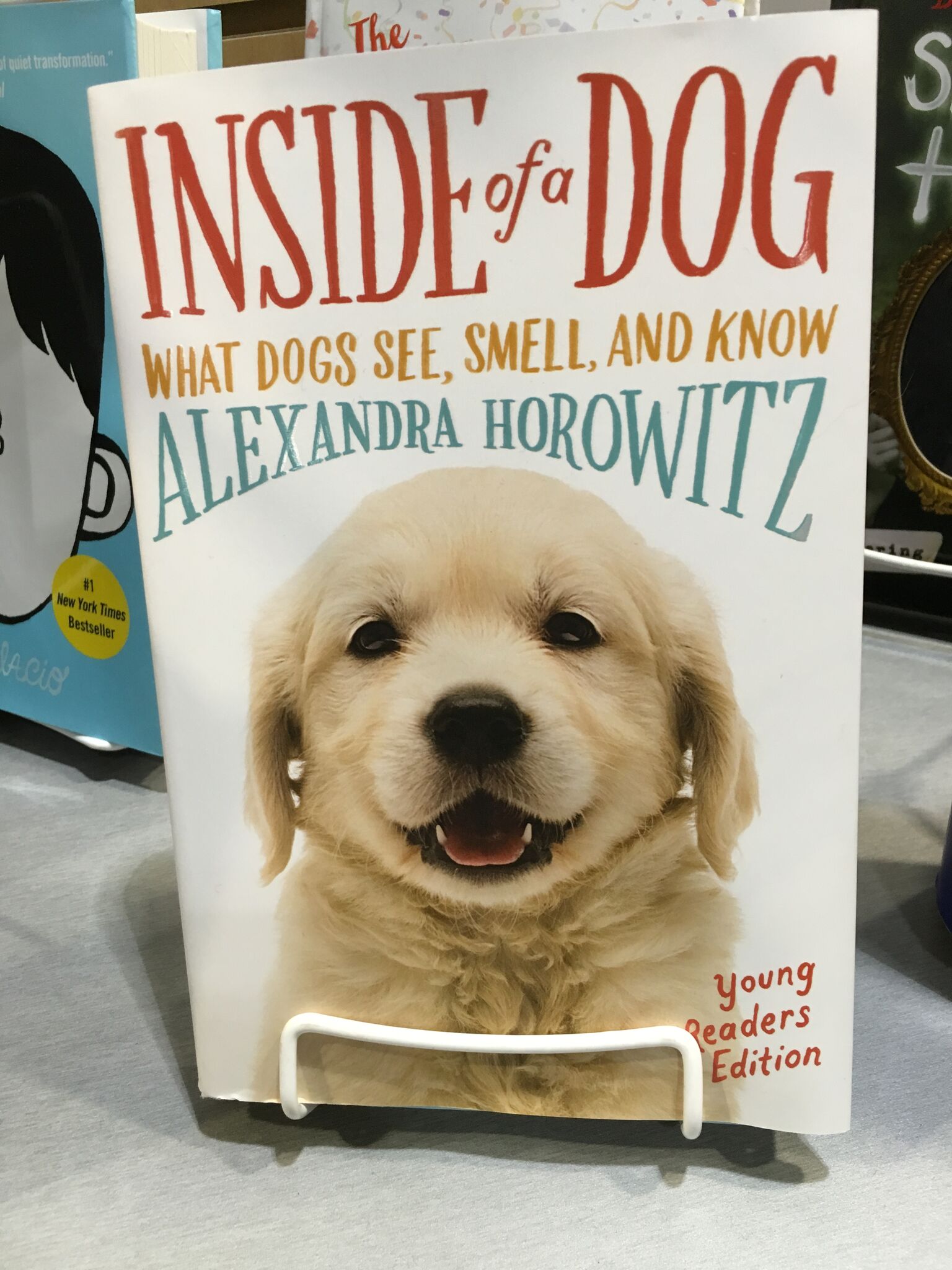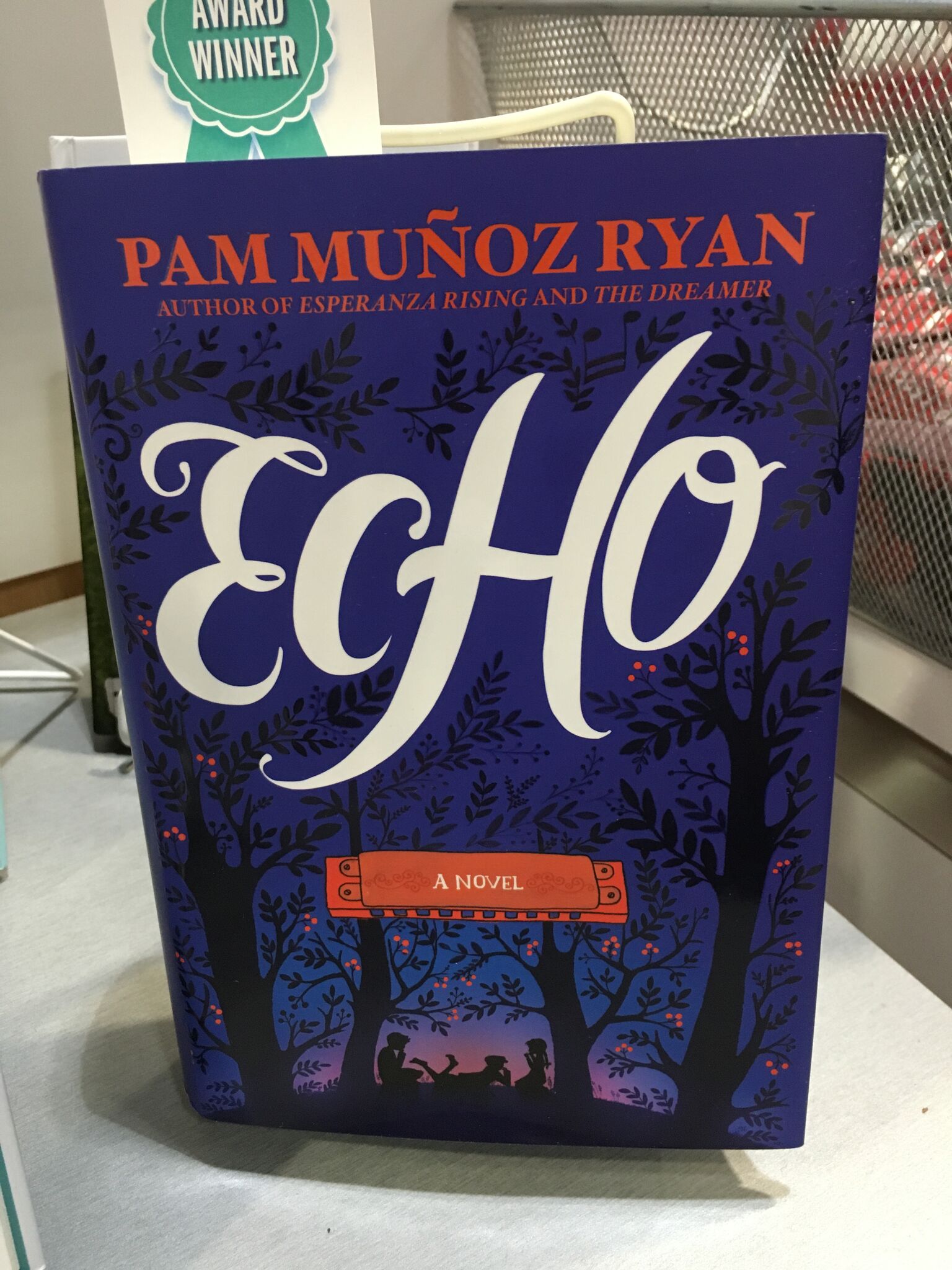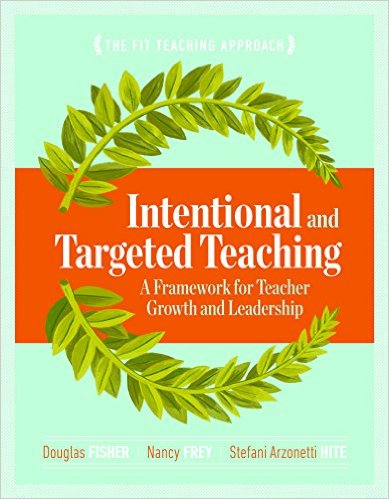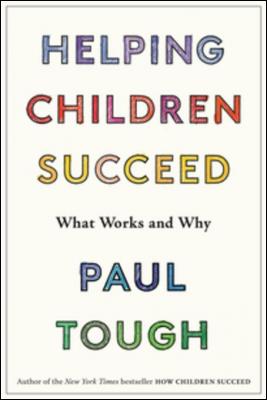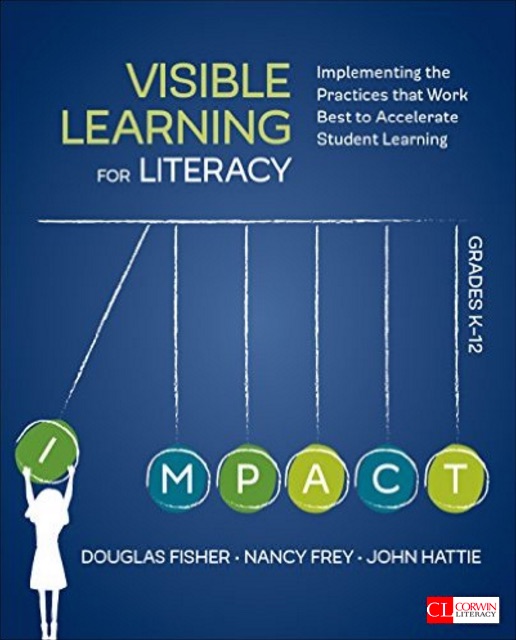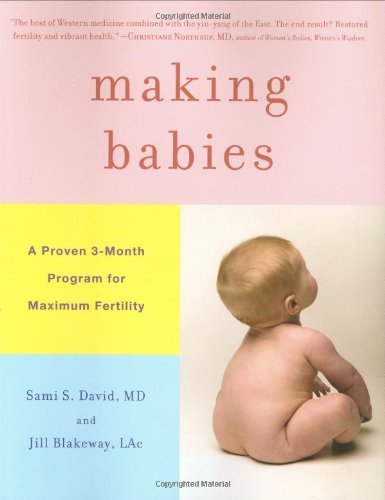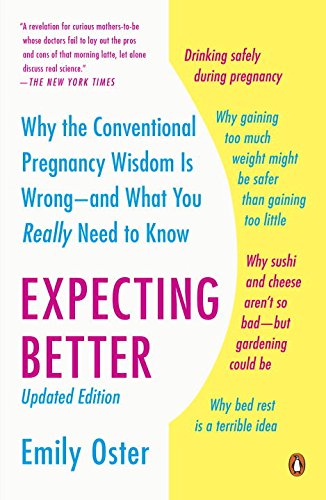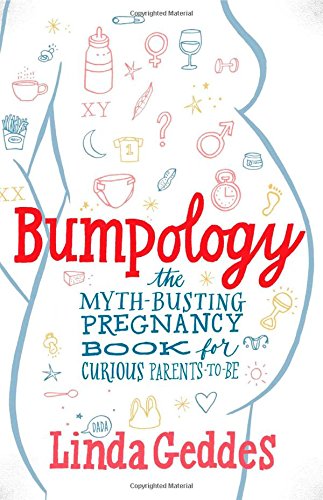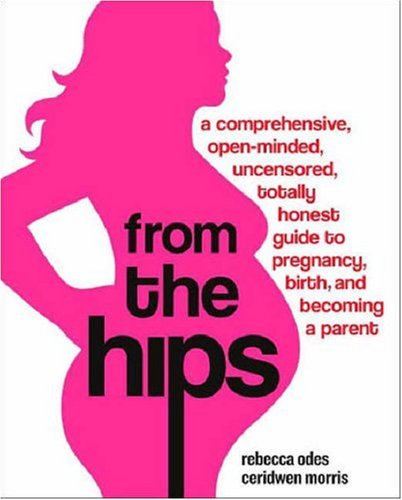Creating Life: An Update in Lists
/We're ready, her room is ready, and judging by her kicks, I'm pretty sure she is ready, too. I had a lovely shower, and I think she has just about everything she could possibly need. And we've met with our doula, taken infant CPR, and toured the hospital. (Though somehow the car seat won't install itself, alas.)
By the Numbers
1.5 — growth, in ring size, of fingers due to swelling
2 — # of bottles of Tums purchased for heartburn relief
2 — # of pairs of both shoes and pants that currently fit
3 — # of visits to Emergency Room
4.9 — estimated current weight of baby, in pounds
5 — # of basketball games baby has attended in utero (3 rooting for UNC, 2 for Georgetown)
7 — # of states vomited in (DC, MD, VA, NY, PA, CO, WI)
19 — purported current length of baby, in inches
38 — number of days remaining until due date
78 — size of baby, in percentile ranking, at 28-week ultrasound
Exciting Symptoms (not an exhaustive list*)
swelling of hands, fingers, feet, and toes
nausea & vomiting (yes, still; yes, I have tried everything)
heightened olfactory sense (less than ideal when frequenting public restrooms)
plantar fasciitis (sneakers help)
heartburn (exacerbated by lacing up aforementioned sneakers)
fatigue
elevated body temperature
bleeding gums
round ligament pain
overall unremitting discomfort
*The exhaustive list is safe somewhere else, lest in the future I forget my misery and think it's a good idea to repeat this process.
Good Reads
- Eleven Hours: A stirring, powerful novel about one woman's birth over an 11-hour period. The friendship she cultivates with her nurse grows in intensity as the the moment of delivery draws closer. Probably not great to read if you are nearing delivery, however, as complications do arise for the protagonist.
Love Works Like This: Travels Through A Pregnant Year: A memoir of psychologist Lauren Slater's experience during pregnancy and early parenthood. She writes about things that other people won't or don't. For example: "Motherhood's biggest taboo may not be rage but mildness. Mother love must be intense. I am not intense. I feel a great guilt. So far, it is only my guilt that makes me a mother" (142).
The Birth Partner: Our doula gave us this book to help Jacob prepare to help me through the birth. It's not just for the partner, though; the explanation of the birth process was very informative and unbiased.
Mindful Birthing: This is a combination mindfulness/birthing book, also recommended by our doula. I mostly skipped the part about mindfulness, though some of the specific applications to labor and delivery were useful.
Catastrophic Happiness: The follow-up book to Waiting for Birdy by Catherine Newman, this book was also amusing and full of self-deprecating humor. The kids are older in this book, so it didn't feel quite as relevant, but it was a worthwhile read nonetheless.
The Baby Name Wizard Book: A very useful resource written by the creator of the Baby Name Wizard website and blog. My favorite part was the list of likely siblings for each name, data generated census records.
Operating Instructions: Anne Lamott's memoir of raising her son, by herself, over the first year of his life. So good!
You can click the image to purchase the book directly from Amazon. A small portion of the sale helps to support this blog!
Not-As-Good Reads
I didn't end up finishing any of these, so it's entirely possible they improved significantly after the first chapter or two ... let me know!
First Bite: The author interview on Fresh Air was great! But the book had me bored with detailed accounts of scientific studies.
Our Babies, Ourselves: An interesting, albeit dry, take on pediatric anthropology. I really wanted to like it, but it put me to sleep.
Perfect Madness: Motherhood in the Age of Anxiety: I started getting more anxious about the challenges of balancing everything, so I promptly put it down and eventually returned it to the library.
After Birth: I thought this was going to be an interesting novel about motherhood, but it turned out that was not the case. I read the free sample a while ago, so unfortunately I don't even remember why I didn't like it.
Offspring-Related Podcast Recommendations
Bee Wilson, author of First Bite, on Fresh Air: An enlightening take on the power parents have to shape their children's food preferences and habits.
Only Human episode on Prenatal Testing: How the development of prenatal tests empowers parents to make (sometimes controversial) choices.
Episode 2, Attachment Parenting, of the new podcast Science Vs.: I'm about halfway through the episode, and am so grateful for all of the dispelling of attachment-related myths. When it comes to offspring, it can be hard to figure out what's backed by evidence and what isn't, but so far this podcast seems adept at doing just that.
Episode 57, Milk Wanted, of Reply All: A fascinating tale of the history and context of breast milk, and why it is so hard for those who need it to get it.
The Accidental Gay Parents on The Longest Shortest Time: This is the first of four episodes with these parents. Such a compelling story about what it means to parent ... I dare you not to cry!
Also on LST, Terry Gross on Not Having Kids: I could seriously listen to Terry Gross talk all day, so this rare glimpse into her personal life was fascinating.
Episode 103 of Totally Mommy on Birthing in a Volvo: Elizabeth recounts the story of giving birth to her second child--in a car!



